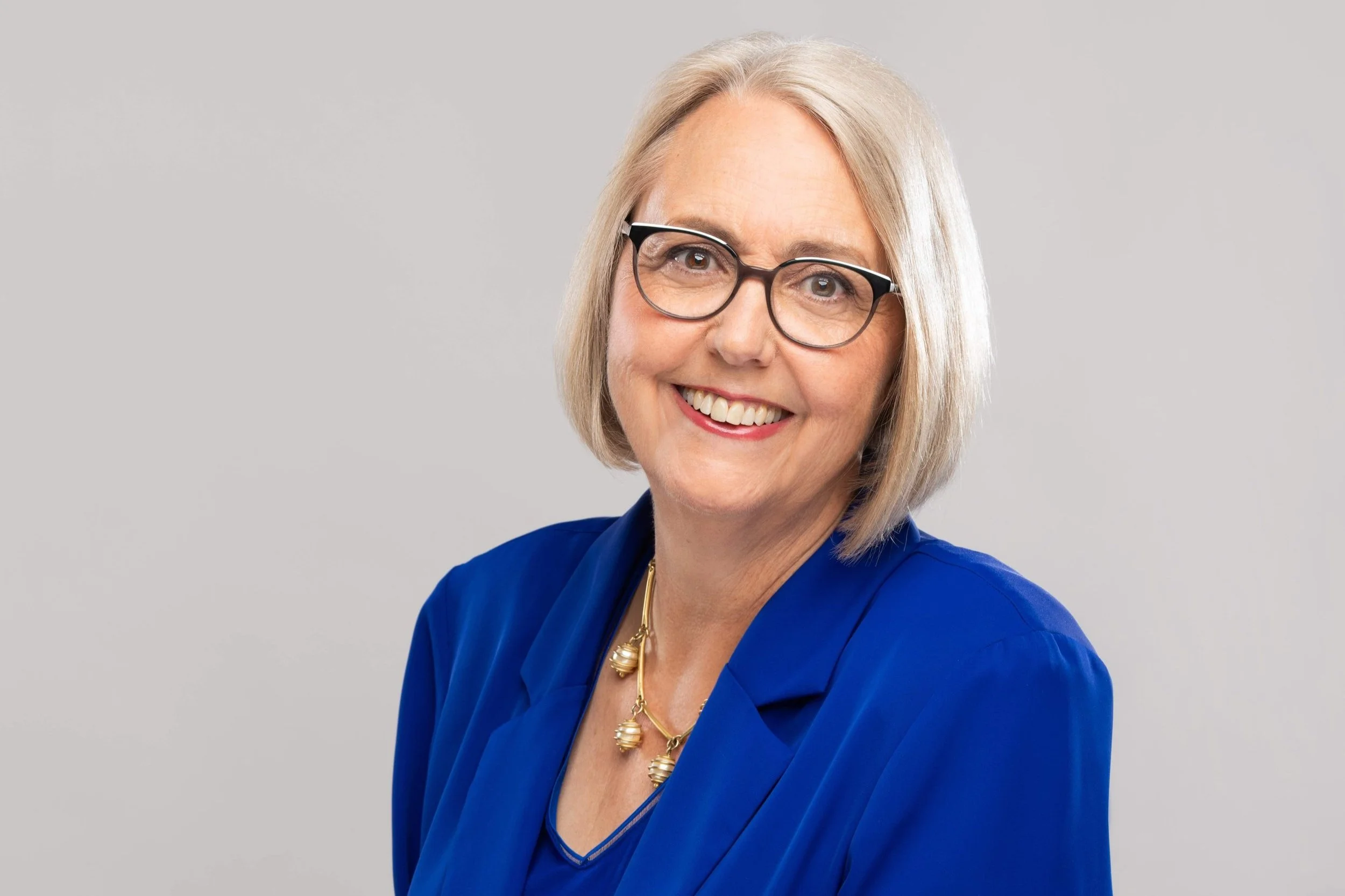Early Music Vancouver opens a “portal” into the past with Claudio Monteverdi’s Vespers of 1610
Cree-Métis two-spirit baritone Jonathon Adams and artistic director Alexander Weimann share their reflections in advance of performance at Summer Festival: Bach Untamed
Bass Jonathon Adams. Photo by Eamon MacMahon
Pacific Baroque Orchestra leader and harpsichordist Alexander Weimann.
Early Music Vancouver presents Monteverdi’s Vespers of 1610 at the Chan Centre for Performing Arts as part of its 2024 Summer Festival on August 1 at 7:30 pm
CLAUDIO MONTEVERDI’S Vespers of 1610 is something akin to a musical rosetta stone; it straddles the artistic worlds of the Renaissance and the Baroque with features of Gregorian chant alongside elements of early opera, blending different styles and musical techniques in settings from different religious texts.
“This piece is an expression of how to build on the past, struggle with the past, take from the past, but also leave behind and build the new,” says Alexander Weimann, harpsichordist and artistic director of the Pacific Baroque Orchestra, who will be leading the performance of the work as part of Early Music Vancouver’s 2024 Summer Festival concert on August 1. “What we feel there [in the work] is the human search for something—for expression, truth or knowledge, or whatever it is—even through the distance of 400 years, which is like visiting a very foreign country. The piece must be so great that it can withstand all the tooth of time and the remoteness…. It’s still unbelievably alive.”
For Jonathon Adams, a Cree-Métis two-spirit baritone from amiskwaciwâskahikan (Edmonton, Alberta), the work also marks another critical moment in history: that of early European colonization of North America. “The year Monteverdi’s Vespers were published was pre-contact for my people,” they observe. “I’m from Bigstone Cree Nation in Treaty 8, Northern Alberta. That was before Europeans had reached that far west. It's just interesting to think what might have been happening on this land before the trade movement and the Beaver War had sort of moved further west.”
Adams, who was EMV’s 2021 summer artist-in-residence, describes the work as “a portal”, likening it to Handel’s Messiah as a piece of sacred music. “Handel’s Messiah was brought by Moravians to Newfoundland and Labrador, and they sort of indoctrinated the Inuit there to Christianity using Handel’s piece,” they note. “This piece [Monteverdi’s Vespers] was published and premiered at the same time as all these conflicts between the sovereign nations along the east coast of North America and the incoming colonial tide….It’s like getting to be up close and personal with a piece of technology that was imported here at a time of great sensitivity and change.”
Adams and Weimann both cite the Vespers’ third movement, “Nigra sum”, as a particular highlight. “It’s a little bit of a mystery, because Vespers are Roman Catholic,” says Weimann. “It’s from a piece of the Bible that we refer to as the Song of Songs, and it’s a collection of lyrical poetry, lyrics really, that are very erotic and in a way quite free. You wouldn’t expect that in a religious context, necessarily. It’s really about human love.”
The solo will be sung in this concert by acclaimed British tenor Charles Daniels, with whom Adams has frequently collaborated. “It’s just amazing,” says Adams of the movement. “The diminutions, which are like all the florid bits within the piece—the way that Monteverdi decorates quite simple lines—they can be extrapolated and improvised on by the singer. They should be, that’s part of the style, and no one does it better than Charles. That’s going to be a highlight, I think, for all of us performing.”
Adams, who was raised by their adoptive white settler family in Edmonton and reconnected with their birth mother as an adult, admits to feeling a bit of “cognitive dissonance” when it comes to singing early music repertoire. “There is some conflict in me about having earlier in my career really focused on European music,” they share. “I’m getting to do much more contemporary and old Indigenous music that’s written by, or sort of reclaimed by, Indigenous people.”
As part of their collaboration with Early Music Vancouver, Adams has also curated a special free concert, aptly titled Cognitive Dissonance, as part of the EMV’s summer festival. Taking place August 3 at 7:30 pm at the Bill Reid Gallery of Northwest Coast Art, the concert is coproduced by musica intima, will feature Adams alongside EMV’s 2024 artist-in-residence, mandolinist Alon Sariel, and the musica intima voices. It will include new works by Cree composer V. Jessica Sparvier-Wells and Sḵwx̱wú7mesh and Stó:lō, Hawaiian, Swiss interdisciplinary artist T'uy't'tanat-Cease Wyss; alongside compositions by Cree composers Andrew Balfour and Sherryl Sewepagaham and Métis composer Ian Cusson.
“It's focused exactly on…the concept of music and settlers being on Indigenous land, on stolen land,” explains Adams. “Jessica took these ads that were basically published by the Canadian government in Europe in the early 20th century and late 19th century—things just like ‘free land’ or ‘come get your plot of land’, or ‘people needed in the west’, and she set those little bits of text for musica intima….They’ll be singing these bits of texts that are really about settlers sort of flooding onto the ‘unoccupied land’—in air quotes.”
While Adams is finding new ways to reconcile the different aspects of their identity and heritage, they maintain a passion for European early music, and Monteverdi’s Vespers in particular. Early music, they say, is “about storytelling. I think it's all about place and place in time. I think that’s what draws me to it—the time-travel component.”
“This [1610] is the same year Galileo discovered what we know as the Galilean moons, the four moons of Jupiter,” they continue. “It’s the year after the American Indian wars between the British colonizers and the Powhatan Nation began—where Pocahontas came from. It’s really of this time when the globe has literally expanded for Europeans in a way it never has before.”
Adams notes that theirs is just one of many Indigenous voices to have sung early European music as a result of colonization. “It's just sort of something that we've always done here,” they point out. “It was all eventually brought over here to North America, and we have records stating that Indigenous women in convent schools and Indigenous children were some of the best singers and picked up this music very quickly….English Renaissance music and a lot of French Baroque and Renaissance music made it over here within the first few years of colonization. So we've really been singing classical music or European art music since contact.”
![]()















